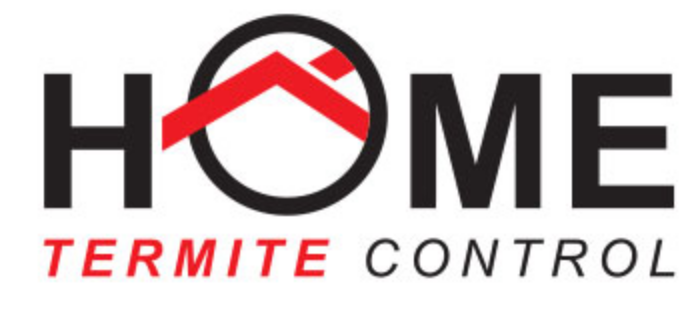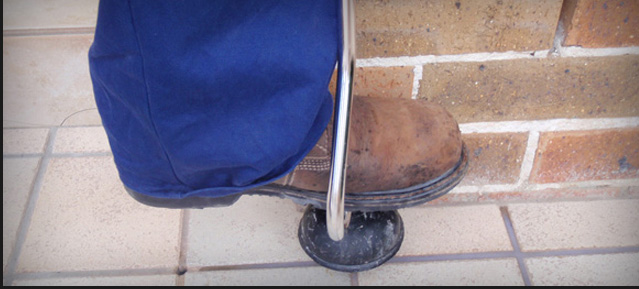Types of Physical Termite Barriers & Reticulation Systems (That Work)
What You Need to Know About Long-Term Termite Prevention
There are dozens of types of termite barriers and reticulation systems on the market. Some work better than others and each one is designed for a specific situation. Installing the correct physical or chemical barrier – or reticulation system can prove to be an affordable and sustainable long-term solution. But! Unless you are aware of the differences between the barriers, you may end up installing a less effective barrier and wasting your money!
Types of Termite Barriers
There are two main types of termite barriers – physical and chemical. Another barrier we can also install on your property is a reticulation system. Read on to find out everything you need to know about long-term termite prevention.
1) Physical Termite Barrier Systems
Physical barriers stop termites from going though undetected entries into your home. They simply cannot go any further. These kinds of barriers are usually installed during the construction of the building. Physical barrier systems we use and recommend include:
• Kordon (BAYER)
• Granitegard
• Termimesh
Kordon (BAYER)
Kordon, from BAYER is one of the most popular physical barrier products(*1). It is an orange coloured, thick plastic material with built-in pesticide. As soon as termites come into contact with it, they die. It is flexible enough to be installed in cavities between bricks, concrete slabs, and brick work. It is designed to protect any areas where termites could penetrate the home undetected. Kordon has undergone extensive testing by the CSIRO and has proven itself in Sydney homes(*1).
Check your controller is Kordon certified and your eligibility for BAYER warranties.
Granitgard
Granitgard is another popular physical barrier against termites(*2). It consists of heavy sandy granules which termites cannot move or crawl through. Like Kordon, we install them as a barrier against undetected termite entry. Granitgard offers 50-year warranties so be sure to book a licenced technician to reap all the benefits.
TermiMesh
TermiMesh also comes highly recommended by our Sydney pest controllers. It is used extensively across Australia in new home builds(*3). As the name implies, it is a stainless-steel mesh that termites cannot breach. It also comes with maker guarantees.
2) Chemical Termite Barrier Systems
Chemical barriers are usually applied to existing homes and can last up to 10 years. There are two types of chemicals available – repellent and non-repellent.
Repellent chemicals are cheap insecticides and are generally toxic to animals, reptiles and beneficial insects. One positive is that if termites encounter repellents directly, they die instantly. The most common problem with repellents is termites can sense them. So, they avoid them and look for another way into the home. This is fine if there are absolutely no other gaps or crevices for them to crawl into.
What we use on our own homes and recommend to clients are non-repellents. Non-repellent chemicals are more expensive, but they:
• Are much less toxic to other animals and humans.
• Do not register to termites so they don’t avoid them and are easily infected.
• Have a long active period ensuring termites can spread the chemical through the colony.
3) Reticulation Systems
Reticulation systems can be installed during a new build or to an existing property. They are a series of underground pipe networks around the house that are filled with a chemical barrier product(*4). Expect chemical refills to be needed every three to eight years. During your annual termite inspection, your pest controller can check the system is working effectively.
There is a Type of Barrier System for Every Home
If your home is on a concrete slab, a perimeter barrier will likely be recommended. It involves drilling four holes per metre and injecting chemicals under the slab. In areas where there is direct access to the ground, trenching is possible. We then flood the trench while mixing it with the earth.
If your home is on brick piers and there is access to the subfloor, a subfloor barrier may be ideal. Subfloor chemical treatments are the best termite barrier practice in Sydney. We always use non-repellent chemicals to ensure the best results and safest outcomes.
Call us on 0294547774 and get a free quote on a termite barrier for your home in Sydney.
References *1. Bayer Environmental Science Australia. Kordon Termite System AU. 2020. *2. Granitgard Termite Management System. Termite Barrier. 2020. *3. Termimesh. Termimesh for Homeowners. 2020. *4. Home Termite Control. Termite Barriers Reticulation Systems, Refills And Monitoring Stations. 2020.

